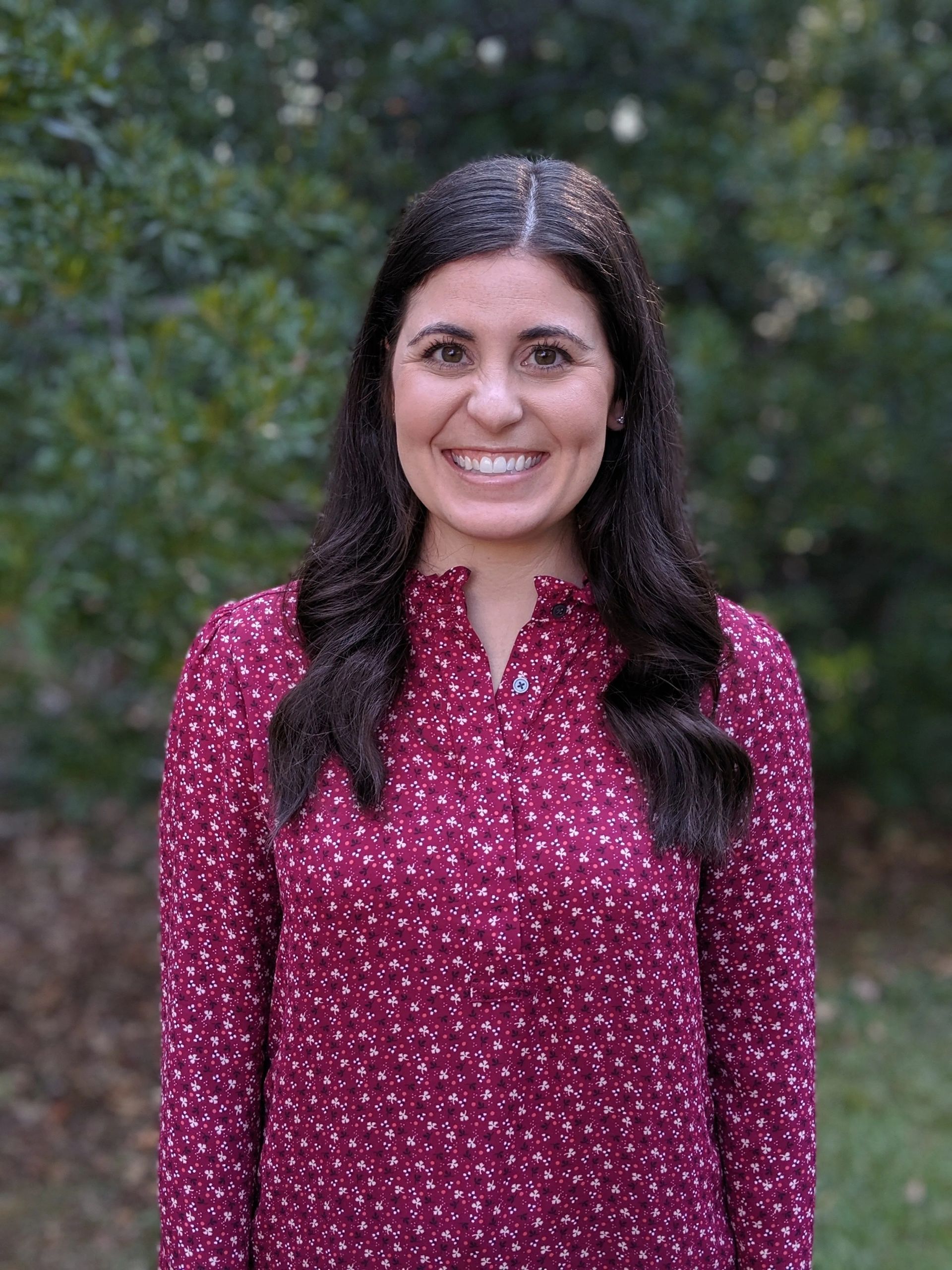happy couple in kitchenContinue reading happy couple in kitchen
Have you ever wondered why you sometimes get a stomach ache after lunch? Or what you should be looking at when reading a food label? Or maybe you feel bored with your food choices and wish someone could show you new products? If so, keep reading.
For National Nutrition Month, we’re highlighting a health professional that some may benefit from having on their healthcare team. Read more to learn how a dietitian can help you. Spoiler alert – although you’ll find diet in their title, a dietitian has a broad scope of practice and can assist you with many things beyond just weight loss.
What is a dietitian?
A registered dietitian nutritionist (RDN) is a food and nutrition expert. Their job is to translate the science of nutrition into practical solutions for healthy living. Registered Dietitian Nutritionists work throughout the community in hospitals, schools, public health clinics, nursing homes, fitness centers, food management, the food industry, universities, research, private practice, and more.
Is a dietitian and nutritionist the same?
Ever wondered about the difference between a dietitian and a nutritionist? While both are passionate about healthy living, the main difference is education and certification. A registered dietitian requires extensive academic training, licensure, and continuing education. Technically anyone passionate about nutrition could be calling themselves a nutritionist. This article provides more information on an RD’s training.
What could a dietitian do for me (besides weight loss)?
1. Translate medical recommendations into Personalized food-based solutions
Picture this. You went to your annual wellness check-up, and your labs came back not where you’d like them to be, specifically your blood pressure. Your doctor recommends a low-sodium diet and increased exercise to avoid medication. You immediately turn to Google, only to become overwhelmed with the thousands of search results you find for “low sodium.”
2. Help you build a better relationship with food
If you feel like you’re on a never-ending pattern of chronic dieting and ready to embrace food freedom, a registered dietitian can help. While any dietitian should be able to provide support, certain individuals specialize entirely in this field. The intuitive eating website is a great place to find those experts. Use this website to search for a professional in your area: https://www.intuitiveeating.org/certified-counselors/.
3. Improve your digestive health
While true digestive conditions impact many, other individuals experience sensitivities to food and often need assistance with uncovering the culprit. If this sounds like you, a registered dietitian can help. They’ll view your food choices through a scientific lens to identify patterns, ingredients, and other factors. They can also recommend and create specific nutrition protocols to help you improve your symptoms.
4. Connect you with new food products to avoid ruts
Bored of eating the same things each week? Maybe you aren’t sure what a “balanced” diet even means? Meeting with a dietitian can help answer these questions and more. Dietitians, generally speaking, love all things food-related – I’m talking about cooking, food trends, grocery shopping, and discovering new products. Some dietitians even work for grocery stores to help provide their shoppers with nutrition support. To find a retail dietitian in your area, try searching on the grocery store’s website. You can also ask a Pharmacist if their company offers nutrition support for shoppers.
Does Insurance Cover it?
Unfortunately, there isn’t one standard answer to this question. It’s best to call your individual insurance provider. Some plans will need specific medical conditions or doctor’s referrals to be covered, while others may offer preventative support with no diagnoses required.
Another option to try is your employer. Many companies are putting money into their health and wellness support services. Contact your human resources or benefits team to get the details on your company’s health initiatives.
The Bottom Line
A Registered Dietitian Nutritionist (RDN) may be a great addition to your healthcare team. These food and nutrition experts can work with you one-on-one to find food solutions that you actually enjoy.

